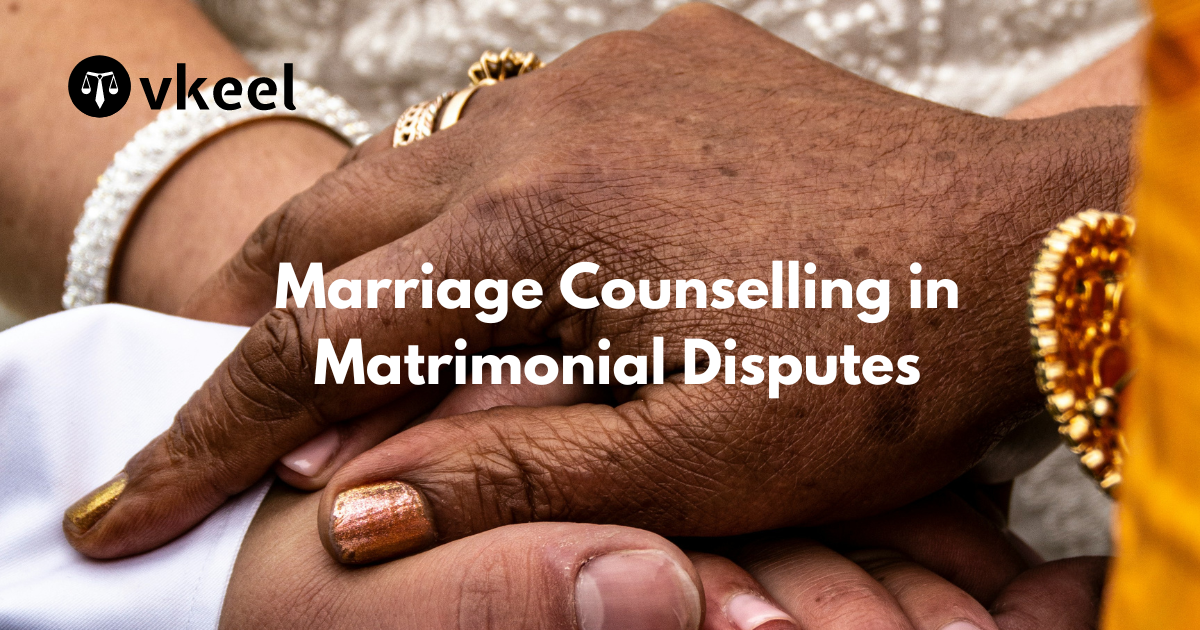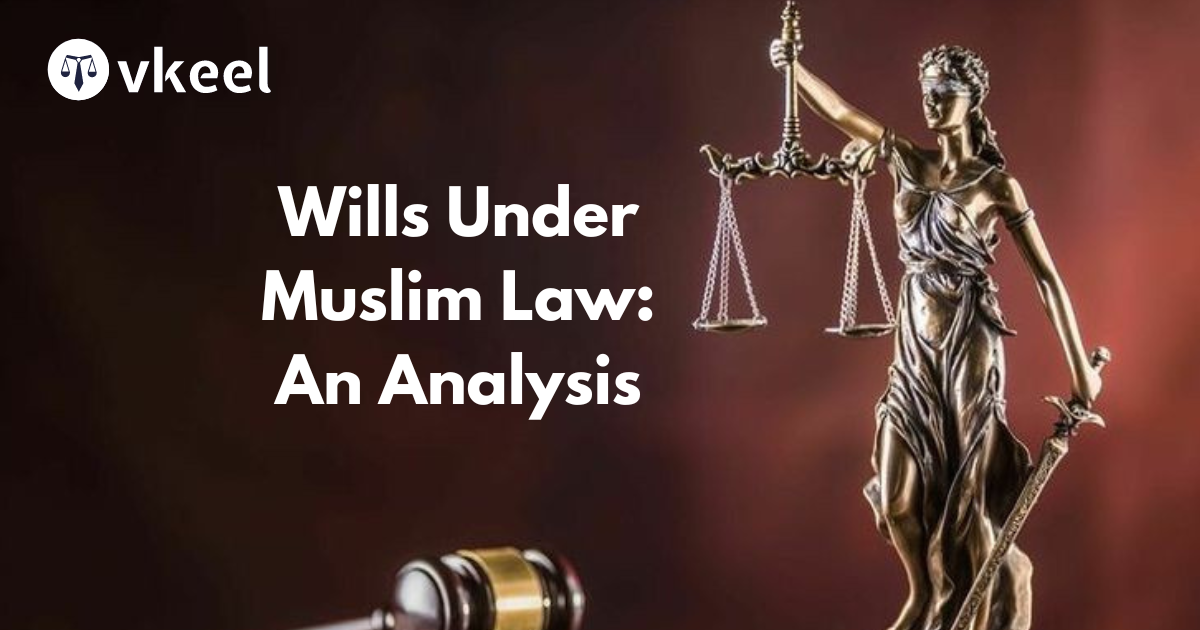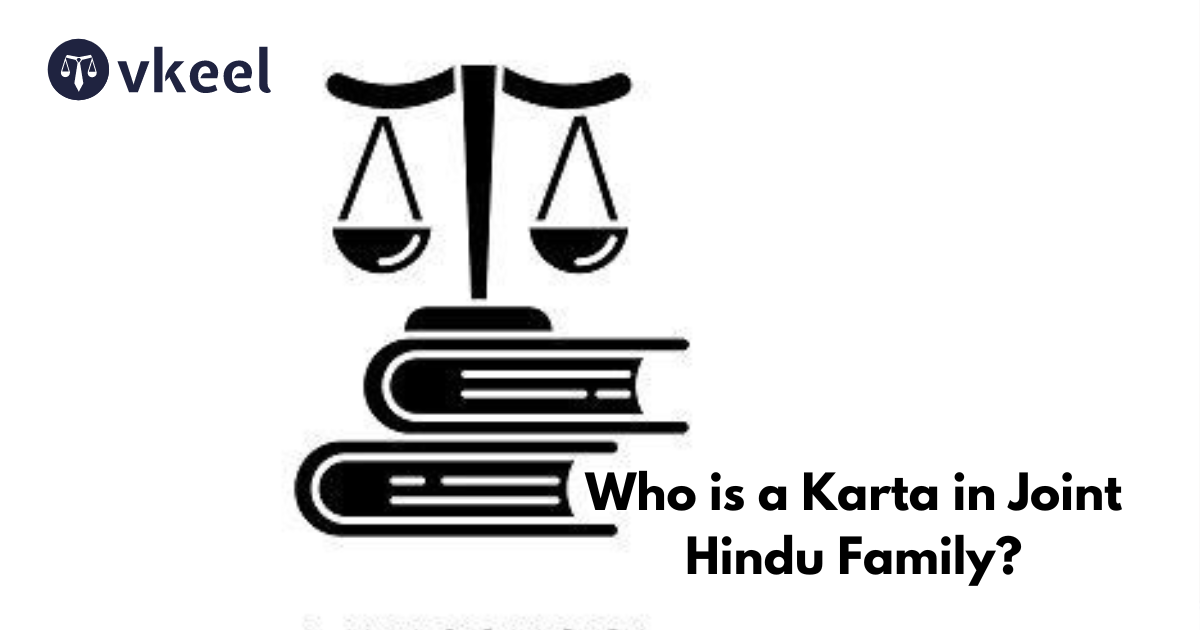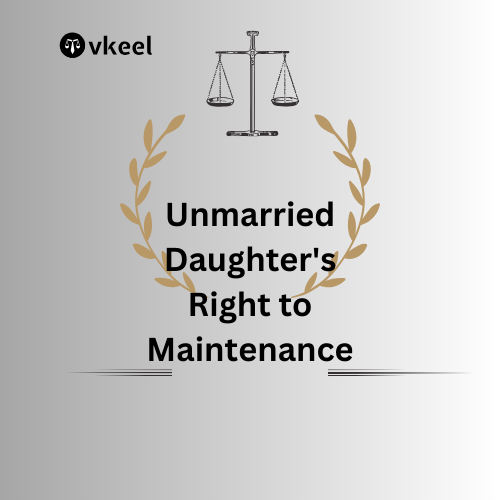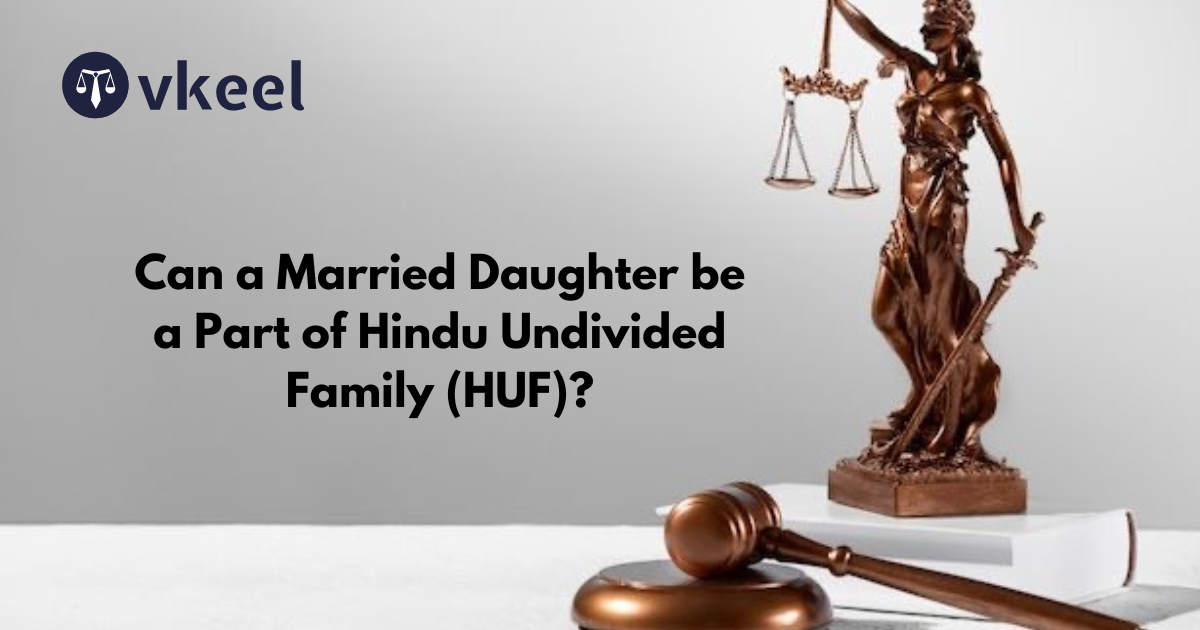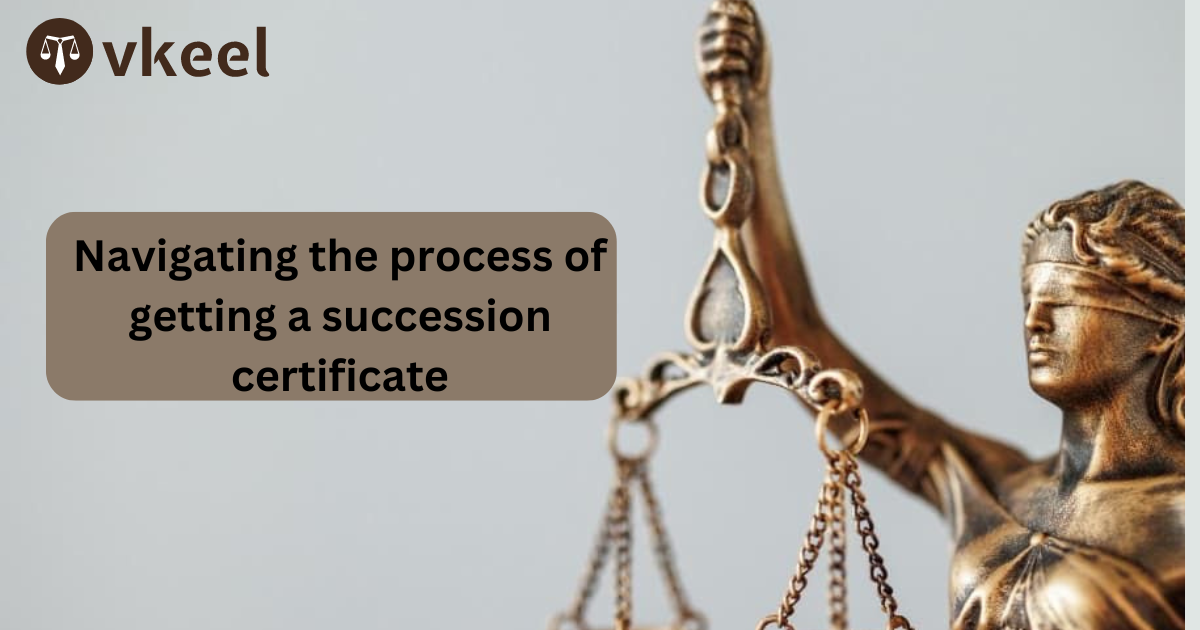Marriage Counselling in Matrimonial Disputes
By Himanshu Kumar
Table of Contents
Introduction
Marriage, according to Hindu law, is considered a sacred and lifelong union between a man and a woman. It is not merely a contractual agreement but a sacramental union that entails spiritual, moral, and social obligations. The traditional Hindu view of marriage encompasses religious rites, rituals, and the fulfillment of duties towards family and society. This understanding is deeply rooted in the religious texts and customary practices of Hinduism.
Marriage counselling serves as a pivotal intervention in matrimonial disputes, offering couples a chance to resolve their differences and potentially save their marriages. It involves the systematic application of therapeutic techniques to address and manage marital issues. In India, the legal framework surrounding matrimonial disputes and the role of marriage counselling has evolved significantly through various amendments and landmark case laws.
The Role of Marriage Counselling
Marriage counselling aims to assist couples in understanding and resolving conflicts to improve their relationships. Counselling sessions typically involve both partners and focus on communication, problem-solving, and negotiating differences. The process encourages couples to explore their feelings and thoughts in a safe, structured environment facilitated by a trained therapist.
Legal Framework for Matrimonial Disputes in India
In India, matrimonial disputes are governed primarily by personal laws based on religious communities, such as the Hindu Marriage Act, 1955, the Muslim Personal Law (Shariat) Application Act, 1937, the Indian Divorce Act, 1869 (for Christians), and the Parsi Marriage and Divorce Act, 1936. These laws provide for various grounds of divorce and judicial separation, and outline the procedures for addressing matrimonial disputes.
Hindu Marriage Act, 1955
The Hindu Marriage Act, 1955, which applies to Hindus, Buddhists, Jains, and Sikhs, mandates certain conditions for a valid marriage and provides for divorce on various grounds, including cruelty, adultery, desertion, and mutual consent. Section 23(2) of the Act empowers the court to make efforts towards reconciliation between the parties before proceeding with the case.
Special Marriage Act, 1954
The Special Marriage Act, 1954, is a secular law that provides for civil marriages irrespective of the religion of the parties. Section 34(2) of the Act also emphasizes reconciliation and mandates that the court make all efforts to reconcile the couple before granting a divorce.
Amendments Promoting Reconciliation and Counselling
The Indian legislature has made significant amendments to promote reconciliation and the use of counselling in matrimonial disputes. Notable amendments include:
Family Courts Act, 1984
The Family Courts Act, 1984, was enacted to establish Family Courts with the mandate to promote conciliation and secure speedy settlement of disputes related to marriage and family affairs. Section 9 of the Act emphasizes the duty of the Family Court to make efforts towards reconciliation.
Marriage Laws (Amendment) Act, 1976
The Marriage Laws (Amendment) Act, 1976, amended both the Hindu Marriage Act, 1955, and the Special Marriage Act, 1954, to introduce the provision of divorce by mutual consent. This amendment marked a significant shift towards recognizing the importance of mutual agreement in the dissolution of marriage and the role of counselling in achieving this consensus.
Judicial Pronouncements on Marriage Counselling
Indian judiciary has played a crucial role in emphasizing the importance of counselling in matrimonial disputes. Several landmark judgments have highlighted the necessity of reconciliation and counselling:
Saroj Rani vs. Sudarshan Kumar Chadha (1984)
In the case of Saroj Rani vs. Sudarshan Kumar Chadha, the Supreme Court underscored the importance of reconciliation efforts by the court before proceeding with divorce petitions. The Court held that it is the duty of the court to ensure that every effort is made to save the marriage by counselling the parties.
K. Srinivas Rao vs. D.A. Deepa (2013)
In K. Srinivas Rao vs. D.A. Deepa, the Supreme Court reiterated the significance of counselling and mediation in matrimonial disputes. The Court observed that matrimonial disputes should be referred to mediation centers where trained professionals can help the parties reconcile their differences. The judgment stressed that mediation and counselling could prevent the breakdown of marriages and reduce the burden on courts.
Anil Kumar Jain vs. Maya Jain (2009)
In the case of Anil Kumar Jain vs. Maya Jain, the Supreme Court held that divorce by mutual consent requires both parties to have mutually agreed to dissolve the marriage, reflecting a significant emphasis on mutual understanding and counselling.
Case Studies Demonstrating the Impact of Counselling
Case Study 1: Rekha vs. Amit
Rekha and Amit, a couple married for eight years, faced severe communication issues leading to frequent arguments and emotional distress. Amit filed for divorce under the grounds of cruelty. The Family Court, before proceeding with the divorce petition, referred the couple to marriage counselling. Over several sessions, Rekha and Amit learned effective communication skills and conflict resolution strategies. As a result, they decided to withdraw the divorce petition and continued their marriage, demonstrating the transformative impact of counselling.
Case Study 2: Priya vs. Rajesh
Priya and Rajesh, married for five years, were considering divorce due to Rajesh’s infidelity. The court mandated counselling sessions as part of the divorce proceedings. Through counselling, Rajesh acknowledged his mistakes, and Priya expressed her feelings of betrayal. The process facilitated an open dialogue, allowing them to understand each other’s perspectives. Although they ultimately decided to separate, the counselling sessions helped them part ways amicably and co-parent their children effectively.
Challenges and the Way Forward
Despite the evident benefits, marriage counselling in matrimonial disputes faces several challenges:
Societal Stigma
In many parts of India, seeking counselling is still stigmatized, and couples may be reluctant to participate in the process. There is a need for greater awareness and normalization of counselling as a healthy step towards resolving marital issues.
Lack of Trained Counsellors
There is a shortage of trained marriage counsellors, particularly in rural areas. Ensuring the availability of qualified professionals is crucial for the effective implementation of counselling mandates.
Inconsistent Implementation
The effectiveness of court-mandated counselling varies significantly across different regions and courts. Standardizing the process and ensuring consistent implementation can enhance the efficacy of counselling in matrimonial disputes.
Legal Reforms
Further legal reforms are necessary to strengthen the role of counselling in matrimonial disputes. Incorporating mandatory pre-litigation counselling sessions and providing follow-up support can help couples navigate their issues more effectively.
Conclusion
Marriage counselling plays a critical role in resolving matrimonial disputes and can often prevent the breakdown of marriages. The legal framework in India, supported by various amendments and judicial pronouncements, underscores the importance of reconciliation and counselling. While challenges remain, the continued evolution of legal provisions and increased societal acceptance can enhance the impact of counselling, helping couples achieve more harmonious resolutions to their disputes. As the landscape of matrimonial law evolves, the integration of counselling into the judicial process promises a more compassionate and effective approach to addressing marital conflicts.
Disclaimer:
The information provided in the article is for general informational purposes only, and is not intended to constitute legal advice or to be relied upon as a substitute for legal advice. Furthermore, any information contained in the article is not guaranteed to be current, complete or accurate. If you require legal advice or representation, you should contact an attorney or law firm directly. We are not responsible for any damages resulting from any reliance on the content of this website.

